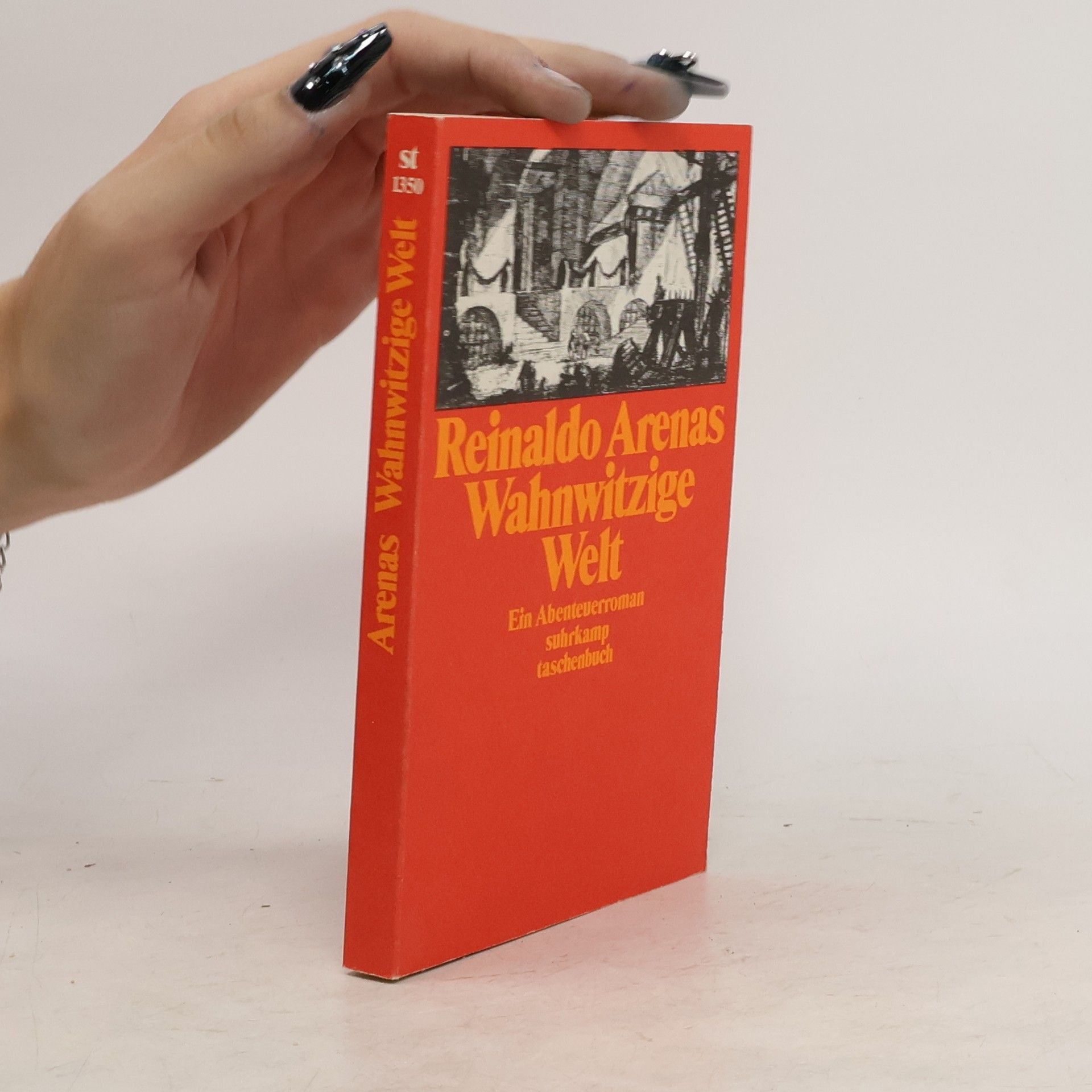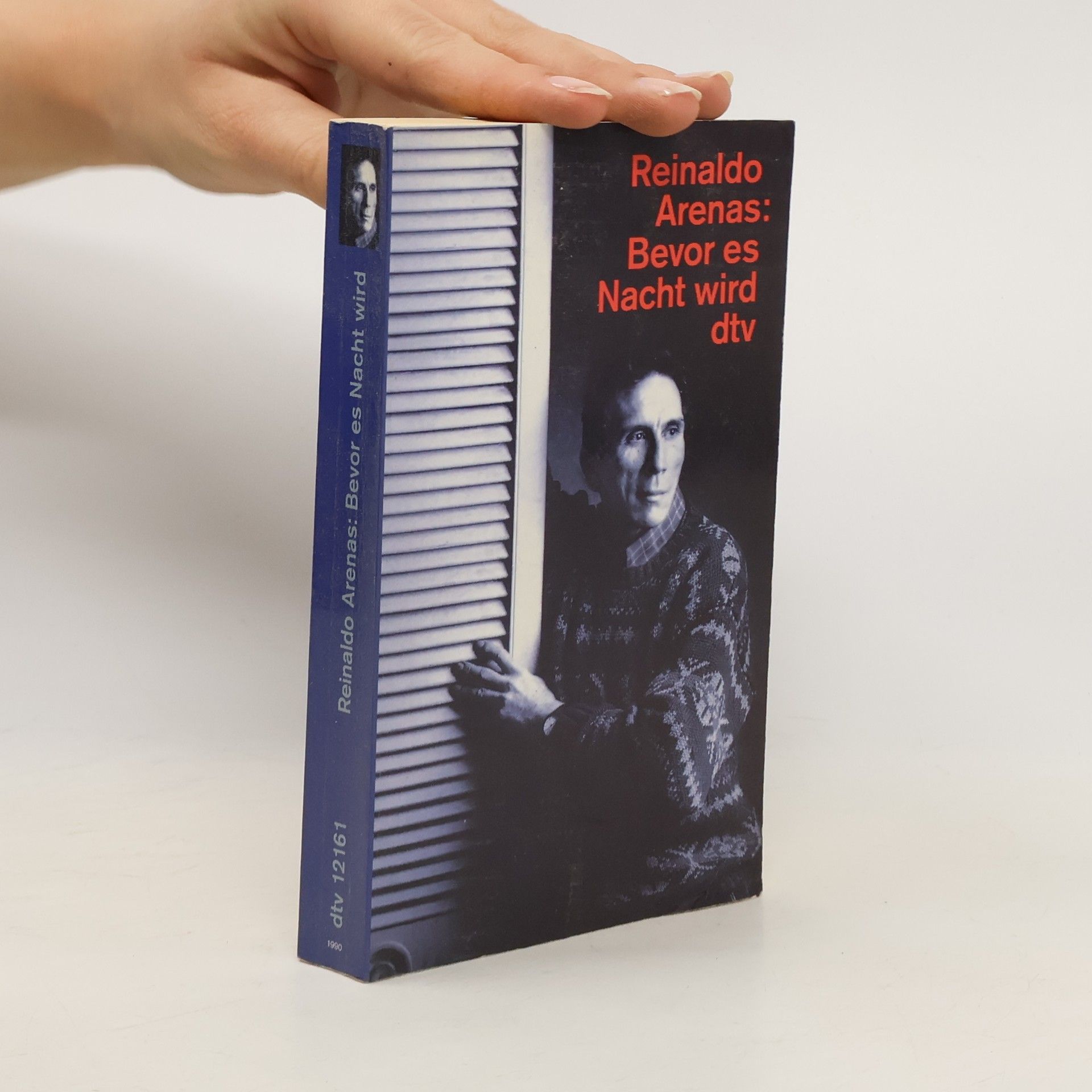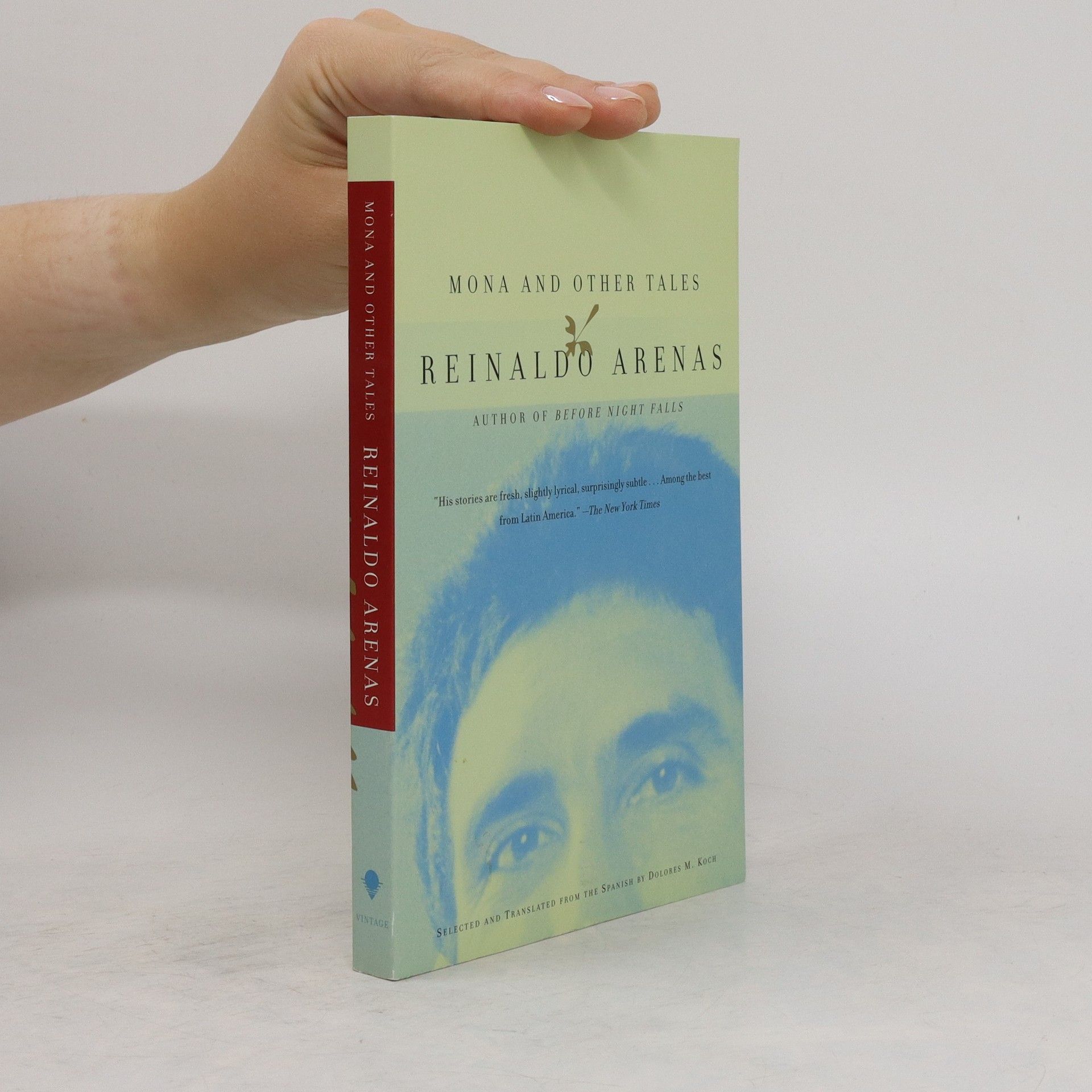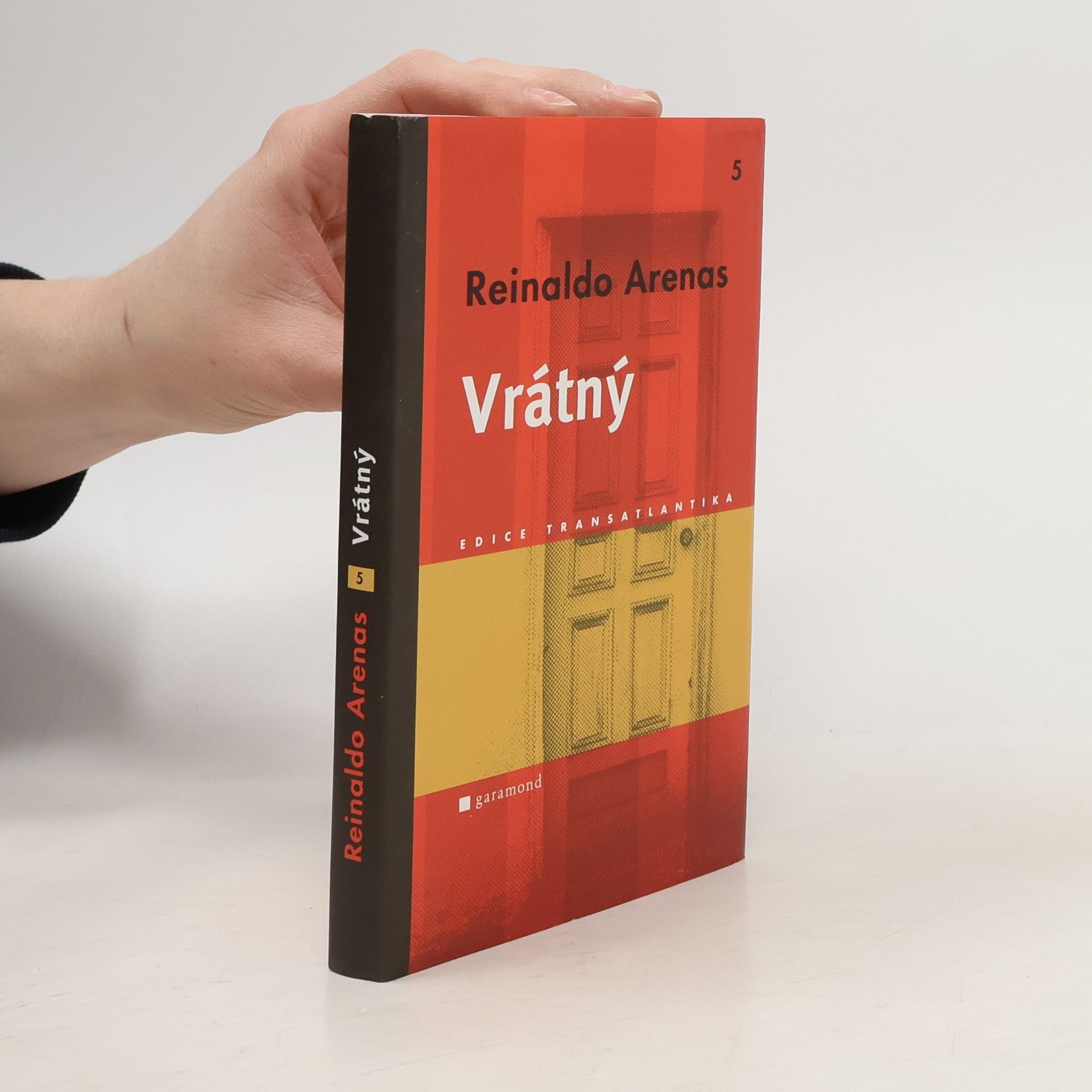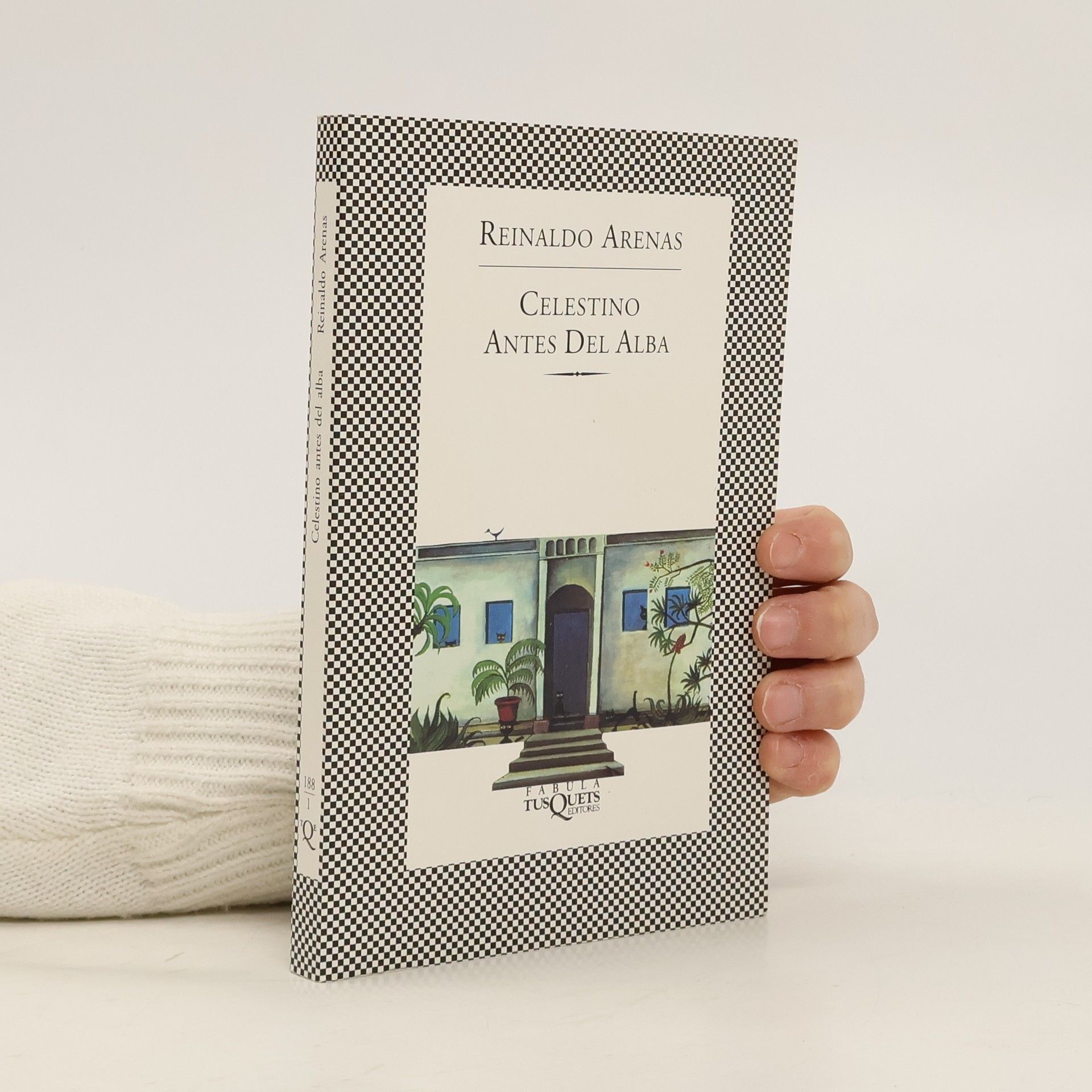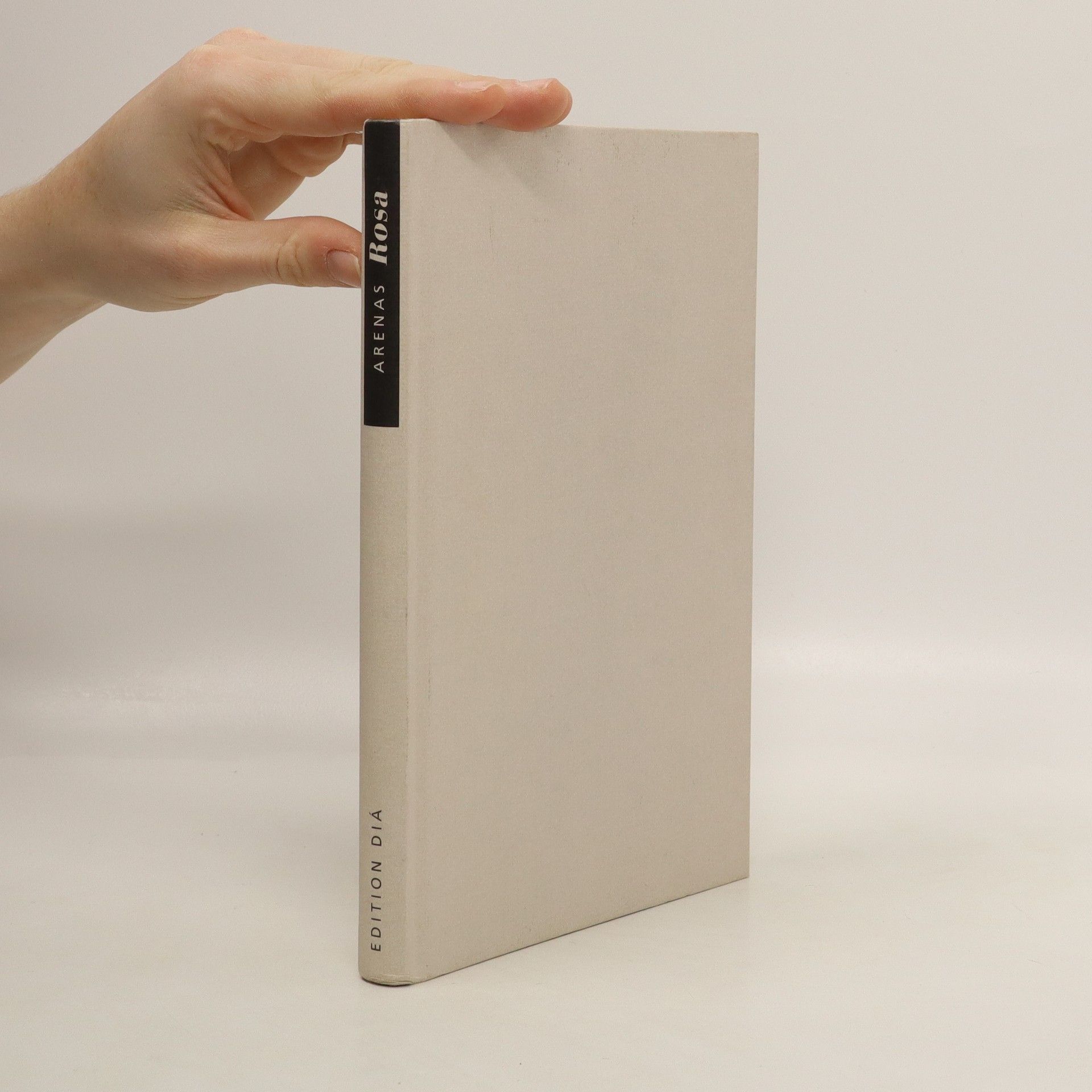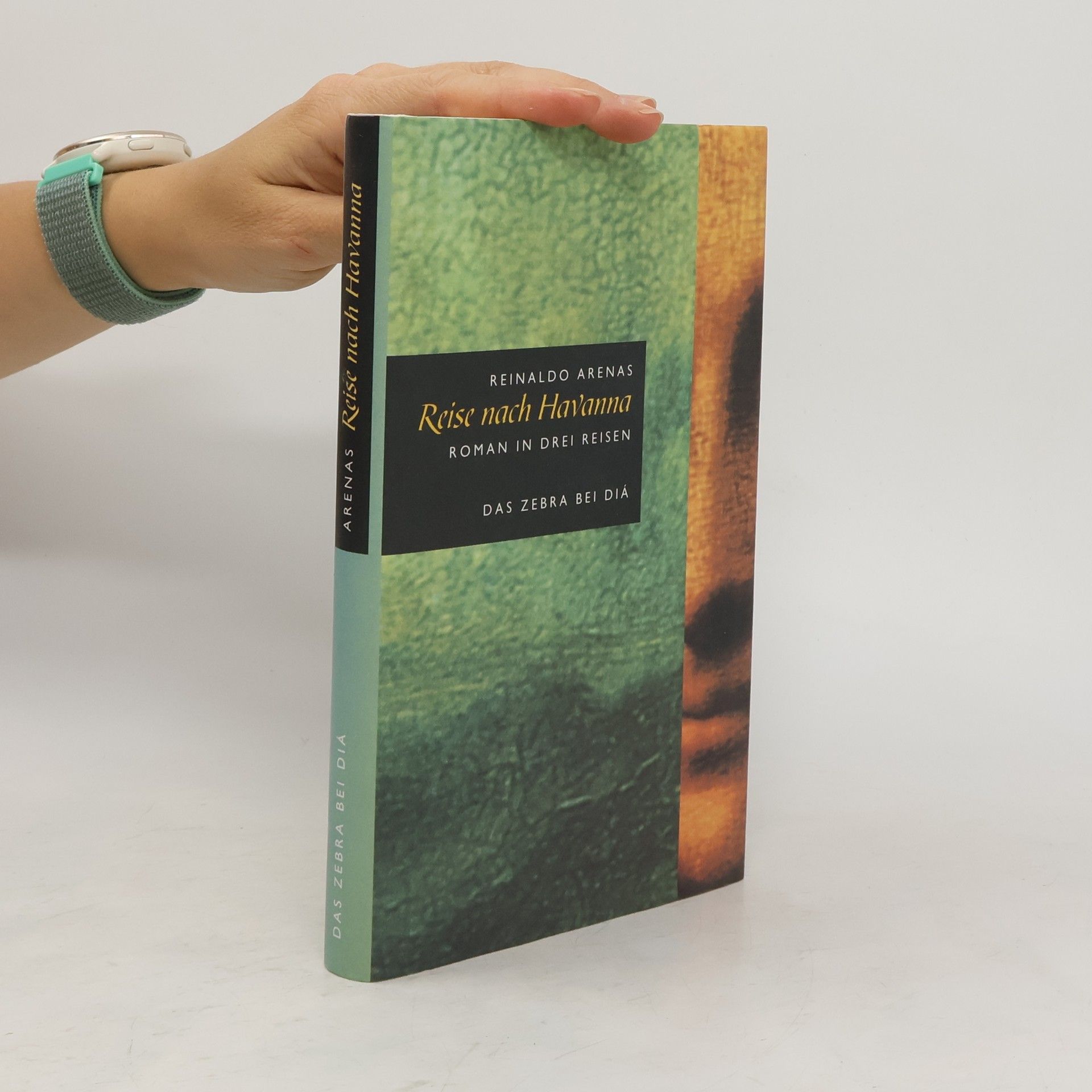Barva léta, aneb, Nová Zahrada pozemských rozkoší
- 560 pages
- 20 hours of reading
Barva léta je poslední román, který Reinaldo Arenas napsal před svou dobrovolnou smrtí v roce 1990. Velkoryse rozvržené dílo je groteskní a parodickou alegorií autorova života i historie jeho země. Děj je situován do jediného dne roku 1999, v němž se na oslavu padesáti let vlády diktátora Fifa koná velký karneval. Sled krutě žertovných a rabelaisovsky komických, zhusta erotických až pornografických epizod a scén, ale i pasáží úvahových a lyrických má společného jmenovatele, kterým je touha podat vášnivé svědectví o vítězství lidského ducha nad politickým a sexuálním útlakem. Nakladatelská anotace.

